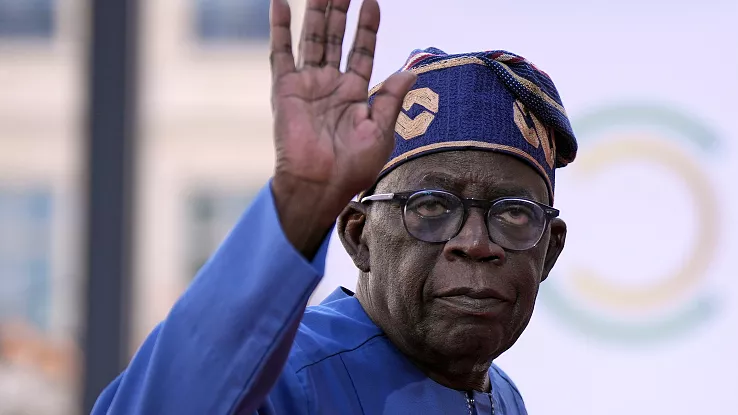The recent purchase of a new $100 million aircraft for President Bola Tinubu has sparked widespread outrage among Nigerians.
Many see this as a glaring example of a government out of touch with the daily struggles of its people, as the country faces its worst economic crisis in decades.
For ordinary Nigerians, who are grappling with soaring prices and widespread poverty, the sight of the shiny new Airbus A330 on the tarmac in Nice, France, was a bitter pill to swallow.
“They ask us to tighten our belts while he splurges on a jet,” one frustrated citizen wrote on social media. Another added, “This purchase shows just how disconnected the president is from the suffering of Nigerians.”
Former Education Minister Oby Ezekwesili condemned the jet as a symbol of the administration’s “fiscal recklessness and dishonesty.”
However, a presidential spokesperson defended the decision, claiming the aircraft was bought at a bargain price on the advice of the Senate’s security committee.
As Nigeria grapples with soaring inflation and a staggering 40% of its population living in poverty, the expensive purchase has deepened the sense of frustration and disillusionment among many citizens.
The cost-of-living crisis that fueled the protests is the worst in a generation in this oil-rich and most populous African country, which by 2050 is forecast to become the third most populous nation in the world, tied with the United States after India and China.
That crisis is blamed on the government’s economic policies to save more money and attract investors, but which have contributed to pushing the inflation rate to a 28-year high of 34.19% while the currency, the naira, languishes at record lows against the dollar. At least 63% of the population is poor.
The government has struggled to create jobs. And the world’s longest war on militancy continues to unfold in its northeast.
Despite its oil wealth, Nigeria’s population of more than 210 million people are also among the world’s hungriest, accounting for 10% of the global burden, according to the U.N. food agency. Still, its politicians, often accused of corruption, are among the best-paid in Africa.
